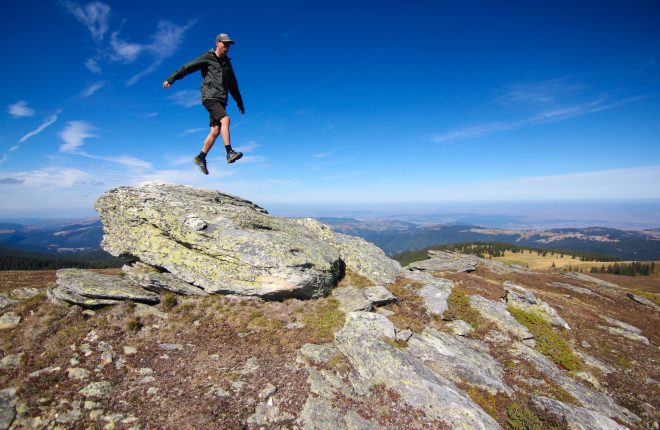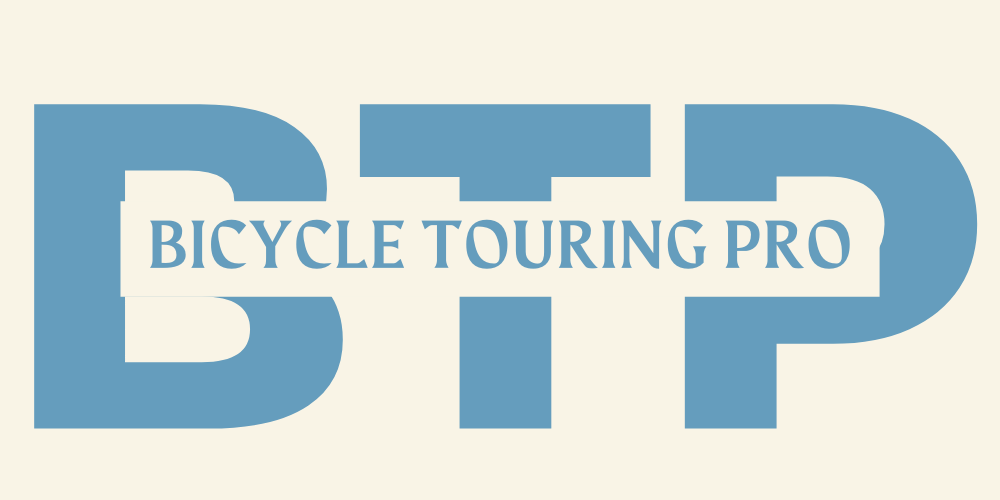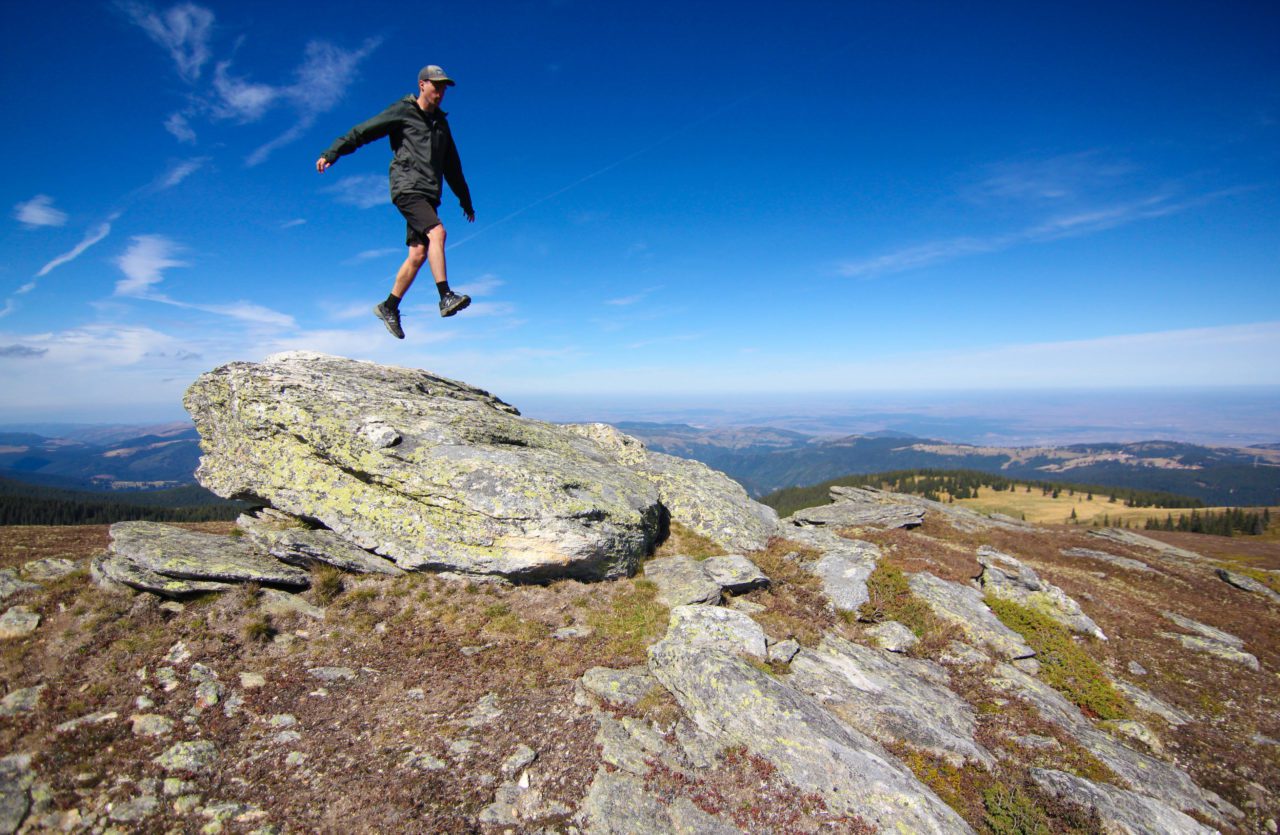Poor & Happy: Why Money Does Not Equal Happiness

Growing up in California, I was led to believe that having a big house, a fancy car, and a flat screen TV was what you were supposed to strive for as an adult. The bigger the house you had, the more successful you were and the more respected you would be within your community. That’s what I believed at least, until I started bicycle touring.
As a youth in California, I didn’t get out much. I was extremely shy and deathly afraid of strangers. So when, at the age of 16, I told my parents I wanted to ride my bicycle down the California Coastline, they were more than a bit concerned.
Prior to that moment, I had never really been on my own. I had always been a “loner,” but I was never truly by myself. My parents feared for my sanity, but more than anything else, had concerns about the people I might meet while on my journey. Images of child molesters, murderers, and crazy homeless drunks ran through their heads.
Nevertheless, I was able to successfully convince my parents that a bike tour would be a good idea. Just a few weeks after graduating from high school, I jumped on a Greyhound bus and began a 30-day journey that would forever chance my life.
About a week into the trip I pulled into a California State Park with my riding partner Jason and was met by a tall, balding, white bearded old man in a blue “Harvard University” sweatshirt (which he obviously purchased from a thrift store).
“My name’s Jerry,” he told us.
We introduced ourselves and later learned that Jerry was an ex-construction worker from Seattle who had been living on the streets for the past couple years. Out of work and with a few dollars coming in each month from his service in the military, Jerry had decided to buy a BOB bicycle trailer and cycle down to San Francisco.
“It’s so depressing in Seattle,” he told us. “It rains all the time, but once I get to San Francisco, I’m not sure what I’m going to do.”
That first night, I remember Jason and I walking down to the beach and talking about our homeless campsite companion. We both thought he seemed like a nice guy, but there was something a little off about him… and neither one of us could quite put our finger on it.
As we returned back to camp a few minutes later, Jerry had set up his stove and was cooking some food for his dinner.
“Would you fellas like some potatoes?” Jerry said.
We refused, but Jerry kept pushing.
“I got some donuts on my bike if you want some of them”
“No thank you” I said. “We’re fine.”
It continued like that for a couple minutes before Jerry finally relented.
The next morning, Jerry was packing up his bike just as I emerged from my tent. Jason was still asleep, so I sat down at the picnic table in our shared biker campsite and started talking to Jerry.
Over the next half hour I learned a lot about our homeless campsite companion. I learned that he had been married, had a daughter, and then later divorced. When he injured his back in a construction accident, he was unable to work and unable to pay his bills. With no friends or family to help him in his time of crisis (he wasn’t speaking to his daughter at the time for some reason), he was forced out onto the streets.
When Jason woke up a few minutes later, Jerry started asking us about girls. He shared stories about his former girlfriends and warned us of the dangers of getting into a relationship with the wrong woman. After a few sips from a bottle covered by a brown paper bag, Jerry started to tell dirty jokes and showed us how to make a mini flamethrower out of a cigarette lighter (something he said he learned while serving in the military). I suspected there was rum in his oatmeal.
Jerry was certainly one odd character! But for some strange reason, he made me laugh… and I really liked him!
Later that night, Jason and I rolled into our campsite and found Jerry waiting for us there. For the next few days, Jerry joined us on the road and made the miles fly by quickly.
Late one night, Jerry introduced us to the farting game – a game where you get 1 point for audibly farting in front of other game members… and 5 points or audibly passing gas in front of someone who was not aware that the game was taking place. With a camp full of traveling cyclists and a Mexican meal as his ammunition, Jerry won the match that night with a monstrous score of 27.
When it came time for us to go our separate ways, I was kind of sad to say goodbye. This dirty old man from Washington State had in just a few short days changed the way I would forever look at the world.
What Jerry taught me is that being poor does not mean you have to be unhappy. If you don’t have a lot of money, you can still have fun, make friends and accomplish your goals. Jerry taught me that money is not required for a life filled with joy. Success is not determined by the size of your house, the make of your car or the amount of money in your bank account. Fun and fulfillment can be had without those things. Fun and fulfillment can be had anywhere… and by anyone!
Over the next four years I spent my summers riding my bicycle around the United States. For less than $3.00 a day I traveled through 29 states; met countless individuals from all walks of life; saw many of the nation’s greatest places; and more than anything else, learned that having a big house, a nice car, and a flat screen TV are not the things that make me happy.
If Jerry taught me anything, it’s that money doesn’t equal happiness. If you want to be happy, go after the things YOU want in life… and have fun in the process!
Thanks for the lesson Jerry! I won’t forget you.


Fantastic post! I think having a wealth of experiences is much better than having wealth of money.
“Jerry won the match that night with a monstrous score of 27.” Oh man, I laughed so hard at that. That’s awesome.
Trevor! Ha! I’m glad you liked this. I knew that part about the farting game would either offend people or make them laugh histerically. I’m glad you were the latter!
Great post. I can’t wait to play the farting game on the road. I guess this is as good a place to ask as any–despite the fact that living cheaply is great, there is still a need to access money. What suggestions do you have? I am thinking of using my ATM card to get lumps of cash every so often. The only problem I see is that most banks seem fairly regional (Wells Fargo does not have ATMs on the east coast). If you have already talked about this somewhere, please point it out. And thanks again for yet another great article.
Ryan, glad you liked the article.
In regards to your question about accessing money while out on the road, I usually start my tours with about $200 in cash. Its a big enough amount of money that I can make it last quite a while, but it’s also a small enough amount that if I lose it or it gets stolen, it’s not going to mean I have to cancel my tour. Then, as I need more money, I do as you suggested (go to ATM machines) and get more cash.
I currently belong to Washington Mutual, but as you may or may not know, Washington Mutual and a lot of the nation’s other major banks are in trouble right now… so I don’t feel comfortable recommending ANY bank at this point in time. If you are using Wells Fargo and you can’t find an a Wells Fargo in your area when you’re traveling, just pull the money out and pay whatever fee the bank imposes. Usually the fee is just a couple dollars, so it’s not that big of a deal – especially if you pull out enough money to last you a while out on the road.
To avoid bank fees when travelling, I have a couple suggestions:
1) Get a Charles Schwab checking account. They reimburse all ATM fees, even internationally.
2) Get a Capital One credit card. They’re the only credit card company that doesn’t add an international finance charge (3% on all other cards).
I have both and am very happy.
Trevor,
Thanks for the info on Charles Schwab and Capital One. I knew there were some banks that did not charge the ATM fees, but I wasn’t sure which banks they were. And I actually have a Capital One credit card, but I didn’t know you avoided the 3% international fees when paying with a Capital One credit card. I’m going overseas soon, so I will have to look into that! Thank you!
Hi Darren,
excellent post. Once people start to realize this on a larger scale (that interpersonal relationships are more important than materialism and that strangers are not always scary, both national as well as international), there will be a lot less problems in the world.
You will see this all the time, especially when you travel abroad as well.
Cheers and keep blogging,
Harry
well money is important but is is not everything. I am quite a poor guy but managed to travel to 20 foreign countries out of Malaysia using the shoe-string budget way.